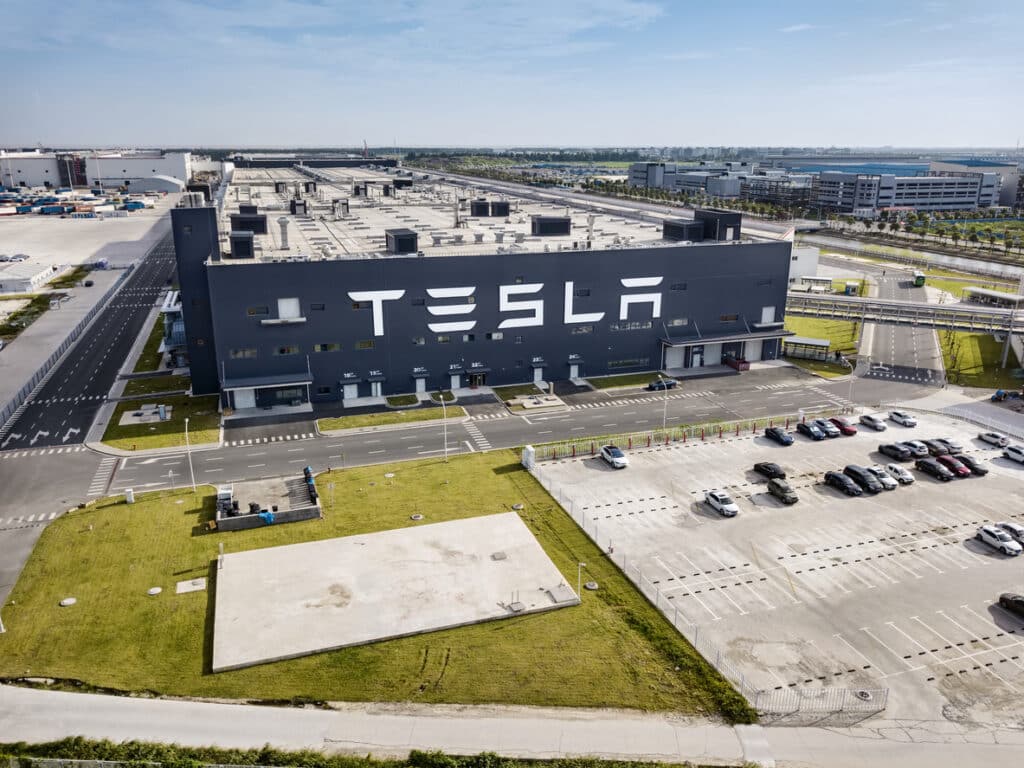Let’s all direct our attention to Elon Musk for a masterclass in whistleblower retaliation.
It’s people like him that give credence to National Whistleblower Center’s efforts to bring whistleblower protections to the forefront and fight for rewards and anti-retaliation protections for all who have the courage to blow the whistle. When rich and powerful people publicly embarrass whistleblowers, we know two things: (1) those who witness this are often afraid to blow the whistle, and (2) public embarrassment is why whistleblowing is so important – only hurt giants yelp.
During NWC’s recent International Anti-Corruption Academy Course on retaliation, leading whistleblower attorney Stephen M. Kohn shared an insightful nugget, “Companies retaliate the worst against whistleblowers with the best claims.”
Yes, he said it.
When whistleblowers have powerful, persuasive, and supported claims, companies shake and strike back, attempting to silence these claims. Retaliation is often a sign that the whistleblower(s) have struck a nerve or are getting close to something the company wants to hide. So, Mr. Musk, what are you hiding?
What is whistleblower retaliation? Whistleblower retaliation is defined by a complex framework built on precedents. I will not bore you with them today. However, I hope the Tesla whistleblowers’ attorneys are familiar with them. You need to know that any adverse – harmful – action taken against a whistleblower after raising concerns can be considered whistleblower retaliation or constitute a factor of whistleblower retaliation. These actions can include bad stuff like reducing duties, exclusion from meetings, and – yes – public shaming too. Retaliation acts as a deterrent to whistleblowers. Meaning, when others witness whistleblowers suffering punishment, exclusion, or being publicly embarrassed for raising concerns, they are less likely to speak up themselves. It’s called a chilling effect. That is why most effective whistleblower protections include anti-retaliation provisions. This way, regardless of what happens with the whistleblower’s allegations, they can still be made whole if they have suffered retaliation.
Elon Musk’s recent tweets and truck whistle are blatant examples of public shaming. Shaming does not have to be direct to be effective. Mr. Musk is not calling out these whistleblowers by name, but everyone knows who he is referring to. It’s kind of like if Mackenzie Scott tweeted, “I don’t care who gets to Mars first. I would be happy if both creeps left the planet!”
And, you do not have to be shamed on Twitter or anywhere else. These comments made anywhere can constitute bullying and retaliation with the right facts. If you work somewhere where indirect bullying is the norm, make sure to stay out of it. These snide comments can lead to major consequences.
Elon Musk is not making fun of his competitors. He is not afraid of them. By making fun of whistleblowers, he shows who holds the real power at Tesla. Whistleblowers see from the inside that the picture is not as pretty as shiny cars and lofty fantasy might seem. Tesla Whistleblowers are raising concerns about pervasive conduct pushing Musk to create a product to mock whistleblowers to silence them. What’s worse is that we are talking about whistleblowers who are already alleging hostility at work. Tesla’s reportedly toxic work culture is being aired out. The CEO has nowhere to run, so he is striking back and punching down.
Elon Musk shows us the culture he wants to import to Mars. One of retaliation where those who raise concerns and share personal accounts of illegal harassment are bullied and silenced. There has been enough news coverage for all of us – and indeed, everyone who works at Tesla – to know who Mr. Musk is referring to, and it is not Apple. By bullying Tesla whistleblowers, he is insulting whistleblowers in general and shaming and embarrassing anyone who might come forward with additional information that might substantiate claims of harassment at his company. Ironically, Musk might be setting Tesla up to face anti-retaliation fines by doing so. How innovative. I hope Tesla investors are paying attention.
Unfortunately, Musk’s conduct is typical. Companies facing serious allegations react in a retaliatory manner with hopes of silencing whistleblowers. They often foster a hostile work environment and may ultimately face fines. Taking to Twitter to publicly shame other billionaires might be funny to watch – but using your 65.2 million followers to shame whistleblowers is no joke.
At National Whistleblower Center we take whistleblowing seriously and fight to change the culture of public shaming. We have spent much of 2021 raising the profile on the tech industry and climate whistleblowers – both of which may be found working at Tesla. Don’t let the rich and powerful silence you. Visit www.whistleblowers.org and get help today.
Tesla whistleblowers, I commend you. You are brave and strong and have effectively scared the s*** out of one of the wealthiest and most powerful people on earth. Companies retaliate most fiercely against the whistleblowers with the strongest claims, and I’ve got a box full of metal whistles and for real whistleblowers if you want one.
